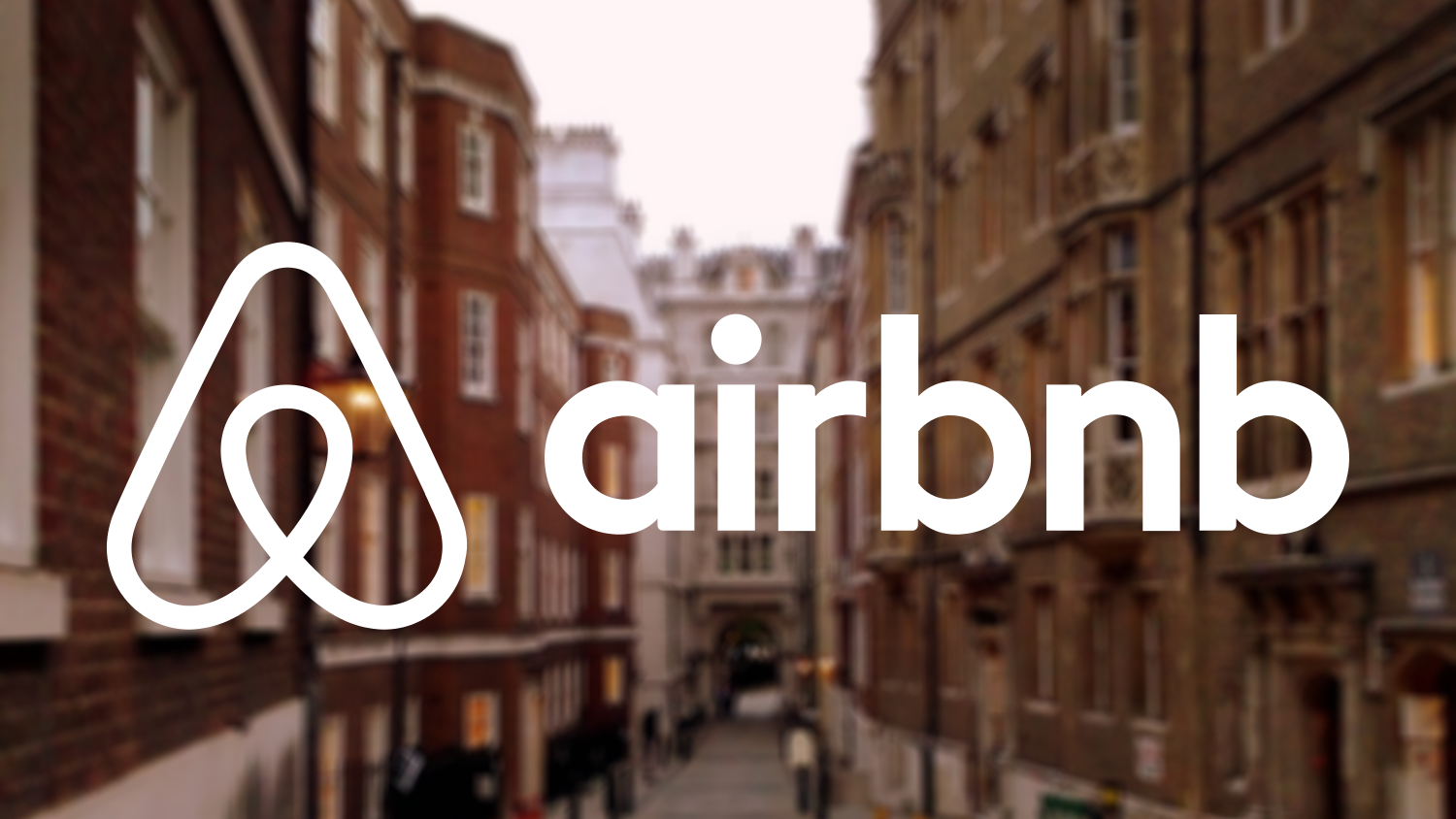With many major U.S. cities busy trying to work out what kind of impact Airbnb has on local rental markets, the home sharing company is forging ahead with a new initiative that could further weave itself into the homeowner’s mindset.

Airbnb has announced its partnering with mortgage lenders Quicken Loans, Citizens Bank and Better Mortgage, to allow homeowners to count their rental income from the platform when they refinance a mortgage. Fannie Mae is also backing the initiative in what is clearly a government stamp of approval to the plan.
The idea “was developed with Fannie Mae to identify new ways of recognizing home-sharing income, making it possible for homeowners to maximize their investment to better reach their financial goals,” Airbnb said in a statement. “The project is part of Fannie Mae’s work to find new, innovative ways to expand the availability of affordable mortgage credit.”
For Airbnb hosts who wish to take advantage of the offer, the company will provide a proof of income statement that hosts can use when applying for refinance with one of the above mentioned lenders. Refinancing is a popular option for many homeowners who want to tap the equity in their properties, or take advantage of better interest rates.
The concept of refinancing is often referred to as “using your house as an ATM”, and was one of several factors that led to the 2000s housing bubble and subsequent market collapse in 2008. A second issue was lenders accepting various sources of income without vetting them properly. Standards have since been tightened up, but Airbnb said it will provide data directly to the participating lenders. However, it’s worth noting that for many hosts, Airbnb income can be unsteady.
Airbnb has been accused of driving up rents and home prices in the past, and the company has been the subject of numerous studies. A recent study by McGill University found that Airbnb has indirectly contributed to an annual rental increase of $380 per year, and $700 per year in Manhattan. However, other studies have suggested that Airbnb has no real impact on local rents.
Even so, some cities have decided to take action against Airbnb. For example in Detroit, officials added new zoning ordinance that effectively banned the company, though the rule changes are still undergoing review and aren’t being enforced just yet. Baltimore is another city that’s also considering implementing new rules to limit Airbnb rentals.
If the new initiative goes well, Fannie Mae could consider allowing Airbnb income on mortgage refinancing from all lenders.